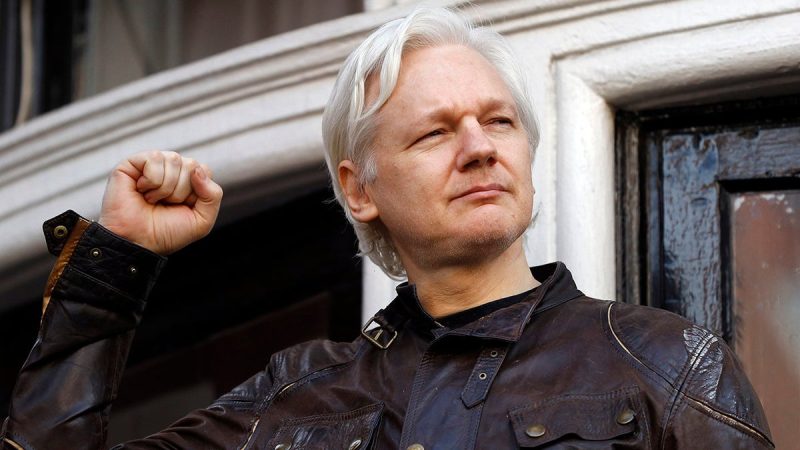In a recent development that has sparked international concern, a United Nations torture expert has urgently called upon the United Kingdom to halt the extradition of WikiLeaks founder Julian Assange to the United States. Nils Melzer, the UN Special Rapporteur on Torture and Other Cruel, Inhuman or Degrading Treatment or Punishment, has expressed fears that Assange’s human rights may be at risk, including potential torture and abusive treatment.
Assange, an Australian journalist and publisher, sought refuge in the Ecuadorian Embassy in London in 2012 to avoid extradition to Sweden over allegations of sexual assault, which he vehemently denies. After Ecuador withdrew its asylum protection in April 2019, British authorities arrested Assange for breaching bail conditions. Subsequently, the United States submitted an extradition request, accusing him of conspiring to unlawfully obtain and disclose classified information.
Nils Melzer, after visiting Assange in a high-security prison in London, expressed grave concerns about his physical and mental well-being. Melzer noted that Assange has been subjected to prolonged and severe psychological trauma, a direct result of the excessive pressure and isolation he has endured over the years. The Special Rapporteur further argued that the extradition and potential trial in the United States could expose Assange to human rights abuses, including torture, ill-treatment, and long-term arbitrary confinement.
The case of Julian Assange raises significant questions about the protection of whistleblowers and the freedom of the press. Critics argue that prosecuting Assange would set a dangerous precedent, deterring future journalists and publishers from exposing wrongdoing by government entities. Moreover, many international human rights organizations have condemned the potential extradition and subsequent prosecution as an attack on press freedom and a threat to democracy.
This appeal by the UN torture expert brings to light the critical need for governments to uphold their obligations under international law, particularly when it comes to protecting individuals at risk of torture or inhuman treatment. It also underscores the importance of ensuring human rights are respected throughout the legal process, including during extradition proceedings.
The United Kingdom now has a responsibility to carefully consider the UN torture expert’s urgent appeal. Upholding human rights and preventing the occurrence of torture or other forms of cruel treatment should always be a top priority for any nation. This case serves as an opportunity for the United Kingdom to demonstrate its commitment to international standards and principles of justice.
Moving forward, it is essential that the international community remains vigilant about the treatment of Julian Assange and similar cases involving journalists and whistleblowers. The protection of the freedom of the press, the right to a fair trial, and the prevention of torture are fundamental pillars of a just and democratic society.
In conclusion, the UN torture expert’s urgent appeal to halt the extradition of Julian Assange to the United States highlights the potential risks to his human rights, including the possibility of torture and ill-treatment. This case emphasizes the need for governments to adhere to their obligations under international law, particularly concerning the protection of individuals at risk of torture. The United Kingdom’s response will not only shape Assange’s fate but also set a precedent for the treatment of journalists and whistleblowers worldwide.

